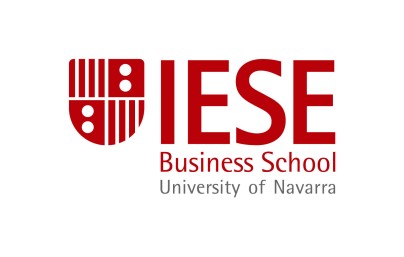As a dedicated MBA applicant it is quite normal to apply to several schools at once. The risk of being rejected and remaining empty handed is just too high to only send your application to one school.
Consequently it is possible that you find yourself with more than one admission offer on the table. And even if you’d like to attend all the schools at the same time – you have to pick one and let the others know of your decision.
And this part is important. You came a long way: took the GMAT, crafted application essays, facilitated the work on recommendation letters, brushed up your CV, reached out to your target school’s admission team, possibly visited campus and finally interviewed with a school’s representative. Don’t think you’re done now. Academia is a small world and not finishing this endeavor respectfully can hurt you later on. You are likely to come in contact with faculty or students from the respective school in the future. Don’t destroy your reputation and good impression that you worked so hard to make on the school’s staff.
Business schools know that students apply to different programs and hence count with a few offer rejections. Declining an offer is your good right (you are the customer!) and you should not have any hard feelings about it. You invested a lot of effort into presenting your best side while the schools maintained the high position throughout. Now it’s your turn. The staff is paid to evaluate candidates and create leads – so don’t get the impression that they did you a favor in reviewing your file. However, there is no discussion about the tone to use in your rejection email.
It’s up to you how much detail you put into your message. You can formally decline in a two sentence mail or briefly explain your reasoning. Of course the admission team will be curious which program you are going to attend; decide for yourself if you want to share that information.
Here are two example rejection letters:
Detailed Rejection Letter
Dear Sir or Madam,
Thank you for offering me admission to the <SCHOOL NAME AND PROGRAM TYPE> MBA Program. I greatly appreciate the time and effort that you devoted to reading and evaluating my file.
However, I regret to inform you that I will be attending a different program in the <e.g. fall 2016>. As a result, I must decline your offer of acceptance and withdraw from my seat in your incoming class. Please contact me if you need further information to complete my withdrawal.
The decision between schools was close and not easy to make, and I am sure that also your excellent institution would have supplied me with a world class education and opportunities. The emphasis on <e.g. great people, collaboration and individual support> really made an impact on me. Thank you for your time spent, consideration and your excellent care throughout the application process. It was truly a great experience and I hope to get in touch with <SCHOOL NAME> and it’s students even though.
Sincerely,
<YOUR NAME>
Brief Rejection Letter
I am writing in response to your letter of acceptance to the <PROGRAM TYPE at SCHOOL NAME>. I appreciate the opportunity to enroll at your excellent institution, but I regret to inform you that I will not be accepting your offer of admission. Thank you for your time and consideration.
Sincerely,
<YOUR NAME>
You are free to mix those two and pick the parts that best fit your needs. Make sure to adjust your style according to how intense your overall contact to your admission officer was.
 The choice has been made! I will attend the IESE Class of 2018 and spend the next two
The choice has been made! I will attend the IESE Class of 2018 and spend the next two


